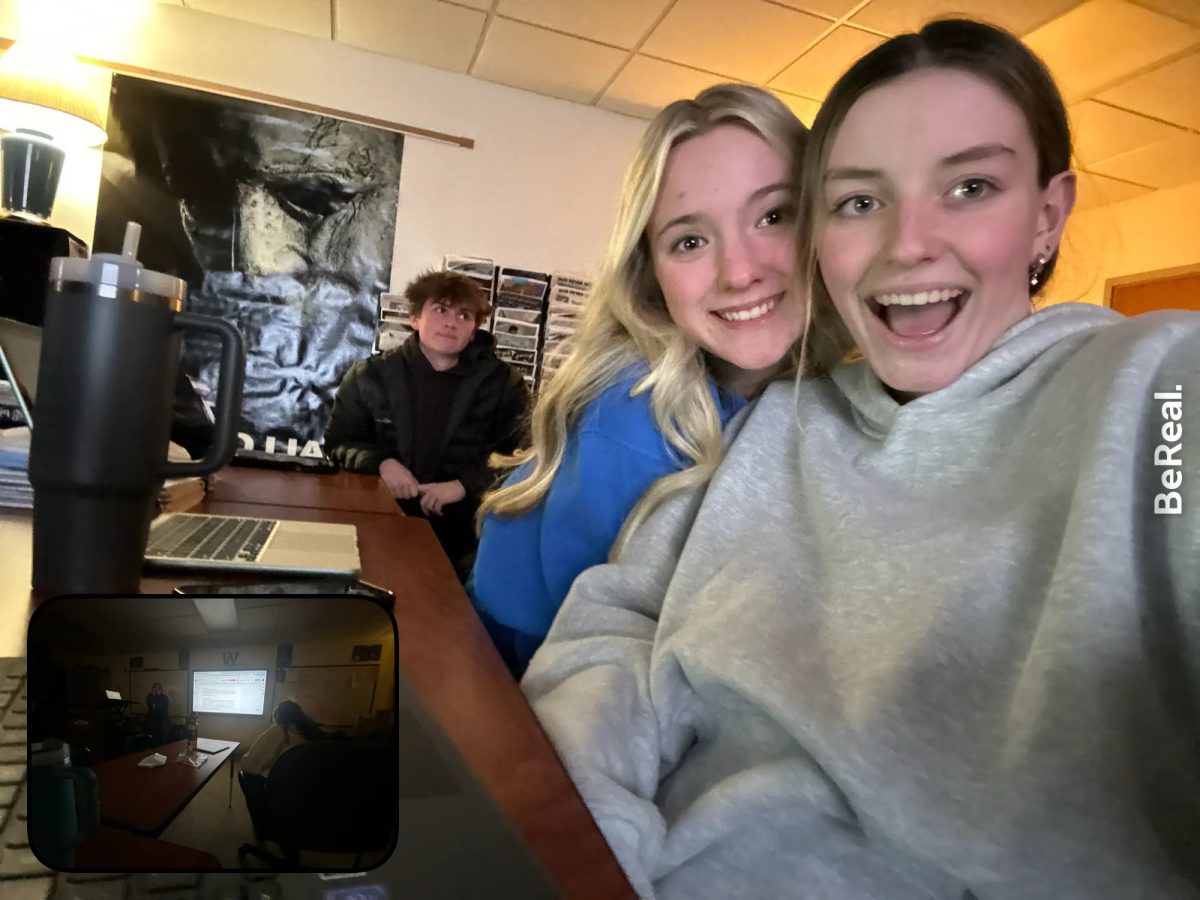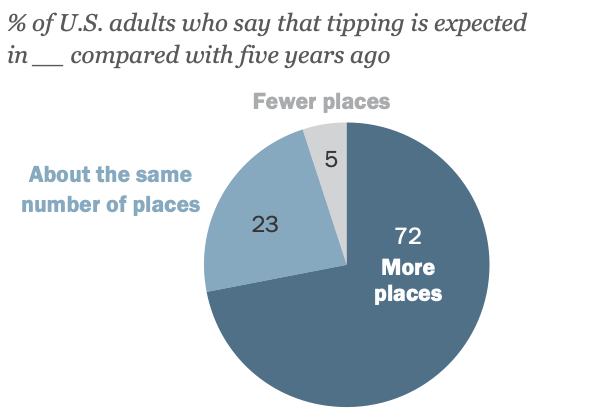As I prepare for college, I have begun to notice the numerous misconceptions surrounding women in higher education, particularly the stereotype of the so-called “party girl,” including the idea that women go to college to drink, party, and find men. This oversimplified idea suggests that women attend college primarily to engage in social activities rather than pursue academic goals.
With the rise of social media over the years, this narrative has only grown and has been maintained through images and content focusing on the superficial aspects of college. This creates harmful assumptions, giving people—but more often men—the idea that all women are there to party.
This is not the reality for many women in college; more often than not, women go out to spend time with their friends. Still, many believe in the assumptions surrounding “party girls” due to their continual circulation through social media.
These assumptions stem from deep-rooted misogyny throughout history, especially surrounding women’s independence and their access to higher education. When women first started to attend college, it was seen as a threat to typical gender roles. The fear around the decline of traditional roles only led to women’s academic achievements being dismissed in the media.
Even today, the media depicts women as not being interested in academics but rather in partying, which only reinforces harmful ideas. The continual undermining of women for enjoying their lives both dismisses their achievements but also creates a culture that belittles women’s choices and autonomy.
These misconceptions have significant effects on women in college, creating feelings of inadequacy for many. Women may feel dismissed for focusing on academics, while those who go out feel judged.
Furthermore, these assumptions affect how others perceive women. A woman’s academic accomplishment might be disregarded due to her social behavior, making it more difficult for her to be taken seriously.
These stereotypes not only affect the individual but also contribute to more significant issues. They allow for a culture that puts women’s choices and autonomy on a pedestal and reduces their worth to assumptions. This culture dismisses gender equality and prevents growth in educational settings.
In order to address these misconceptions, many steps need to be taken. People must begin to challenge their biases and look with an open mind. People must recognize that each person’s college experience is different, and what you see online does not justify making broad generalizations about everyone.
Furthermore, people must begin to celebrate women’s achievements. According to the National Center for Education Statistics, “Women have earned more bachelor’s degrees than men since 1982, more master’s degrees than men since 1987, and more doctorate degrees than men since 2006,” Yet people continually dismiss this, and instead discuss how women only go to college to party and drink.
The media must also change how it portrays all women. It must move away from sexualizing them and reducing them to objects and instead focus on empowering them.
However, none of these steps are possible if people don’t begin to realize how harmful their assumptions are. People must realize that not everything online is entirely accurate and that these generalizations about women are not true.
As society continues to evolve, these untrue assumptions and stereotypes can be ended. By addressing the systemic issues that cause these generalizations, we can work toward a future where women in higher education are celebrated, not dismissed. Women can make their own choices about what they do with their college experience, and people must begin to recognize that. Now is the time to move beyond these harmful accusations and embrace all women’s contributions to higher education.









